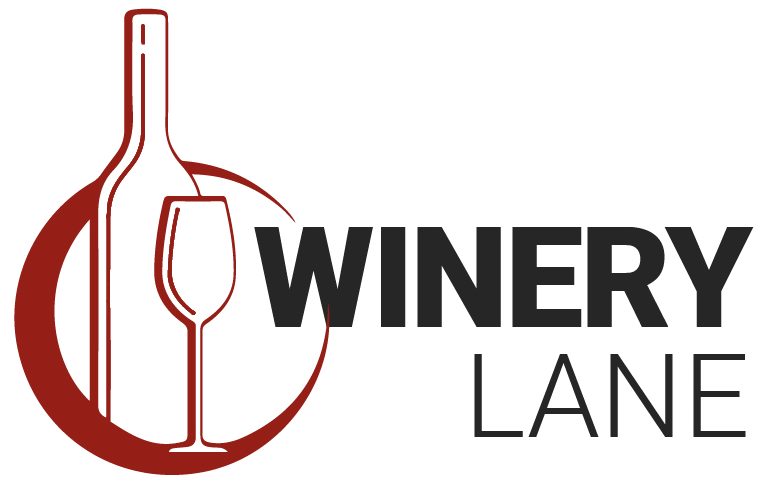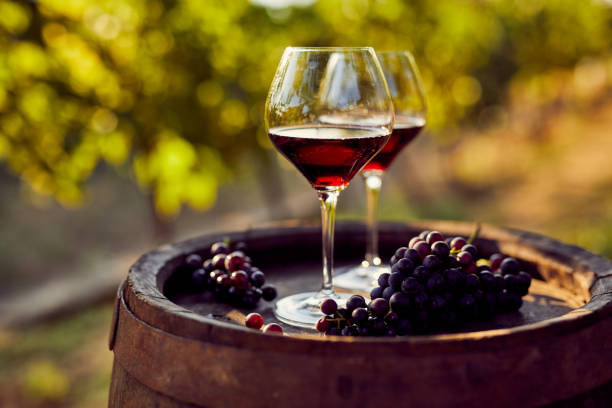Wine, often described as a timeless elixir, has fascinated humanity for centuries. From the novice wine enthusiast to the seasoned sommelier, the quest for understanding what constitutes a good wine is a journey filled with complexity and nuance. While some may argue that good wine is simply a matter of personal preference, the reality is far more intricate. Let us delve into the multifaceted world of wine appreciation and explore the various factors that contribute to defining a truly exceptional bottle.
The Subjectivity of Taste: At the heart of the matter lies the undeniable truth that taste is highly subjective. What one individual may perceive as exquisite, another might find mediocre. Preferences vary widely based on cultural background, upbringing, and personal experiences. Therefore, attempting to establish a universal definition of good wine proves to be a challenging endeavor. Nevertheless, certain objective criteria can help guide our understanding.
Quality: A Fundamental Factor: Quality serves as a fundamental benchmark when evaluating wine. Several factors contribute to the overall quality of a wine, including grape variety, terroir, winemaking techniques, and aging processes. Grapes harvested from well-tended vines in optimal growing conditions are more likely to produce high-quality wines. Additionally, meticulous attention to detail during the winemaking process, such as fermentation, barrel selection, and bottling, can significantly impact the final product.
Balance and Complexity: A good wine is characterized by a harmonious balance of flavors and aromas. The interplay between sweetness, acidity, tannins, and alcohol creates a dynamic sensory experience on the palate. Furthermore, complexity adds depth and intrigue to the wine, revealing layers of nuanced flavors that evolve with each sip. Whether it’s the subtle hints of fruit, the earthy undertones, or the delicate floral notes, a well-crafted wine captivates the senses and leaves a lasting impression.
Terroir: The Essence of Origin: Terroir, a term deeply ingrained in the lexicon of wine appreciation, encapsulates the unique combination of soil, climate, topography, and cultural practices that influence the characteristics of a wine. Wines that express a sense of place, reflecting the terroir from which they originate, often garner praise from enthusiasts. Whether it’s the limestone-rich soils of Burgundy, the volcanic slopes of Sicily, or the maritime influence of coastal vineyards, terroir imparts distinctiveness and authenticity to each bottle.
Vintage Variation: Vintage variation adds another layer of complexity to the definition of good wine. Weather patterns, grape ripeness, and harvest conditions vary from year to year, influencing the quality and character of the wine. While some vintages may be hailed as exceptional, others may fall short of expectations. Understanding the nuances of vintage variation requires a discerning palate and an appreciation for the intricacies of winemaking.
Cultural Context and Tradition: Wine is deeply intertwined with culture, tradition, and heritage, shaping social rituals and culinary practices across the globe. The appreciation of wine extends beyond its sensory qualities to encompass historical significance, regional customs, and familial traditions. In many wine-producing regions, winemaking techniques passed down through generations contribute to the richness and diversity of the wine landscape. Therefore, understanding the cultural context surrounding a wine adds depth and meaning to its enjoyment.
Price: A Reflection of Value or Status? The relationship between price and quality in the world of wine is often a subject of debate. While some believe that higher-priced wines inherently signify superior quality, others argue that exceptional wines can be found at more modest price points. Factors such as scarcity, brand prestige, and marketing influence the perceived value of a wine. However, price alone does not necessarily determine the greatness of a wine. True connoisseurs recognize that value can be found across a wide spectrum of price ranges, and the pursuit of quality should not be dictated solely by monetary considerations.
Subjective Enjoyment: Ultimately, the definition of good wine boils down to personal enjoyment. Whether it’s a rare vintage from a renowned estate or a simple bottle shared among friends, the pleasure derived from wine transcends objective assessments. Each individual brings their unique palate, preferences, and memories to the table, shaping their perception of what constitutes a good wine. As the saying goes, “The best wine is the one you enjoy.” Therefore, the true measure of a good wine lies in its ability to evoke joy, spark conversation, and create lasting memories.
Defining a good wine is a complex and multifaceted endeavor that encompasses a myriad of factors, from quality and terroir to cultural context and personal preference. While objective criteria such as balance, complexity, and vintage variation provide valuable insights, subjective enjoyment remains paramount. Wine appreciation is as much an art as it is a science, requiring an open mind, a curious palate, and a willingness to explore the diverse and enchanting world of wine. So, raise your glass, savor the moment, and toast to the timeless allure of good wine. Cheers!




